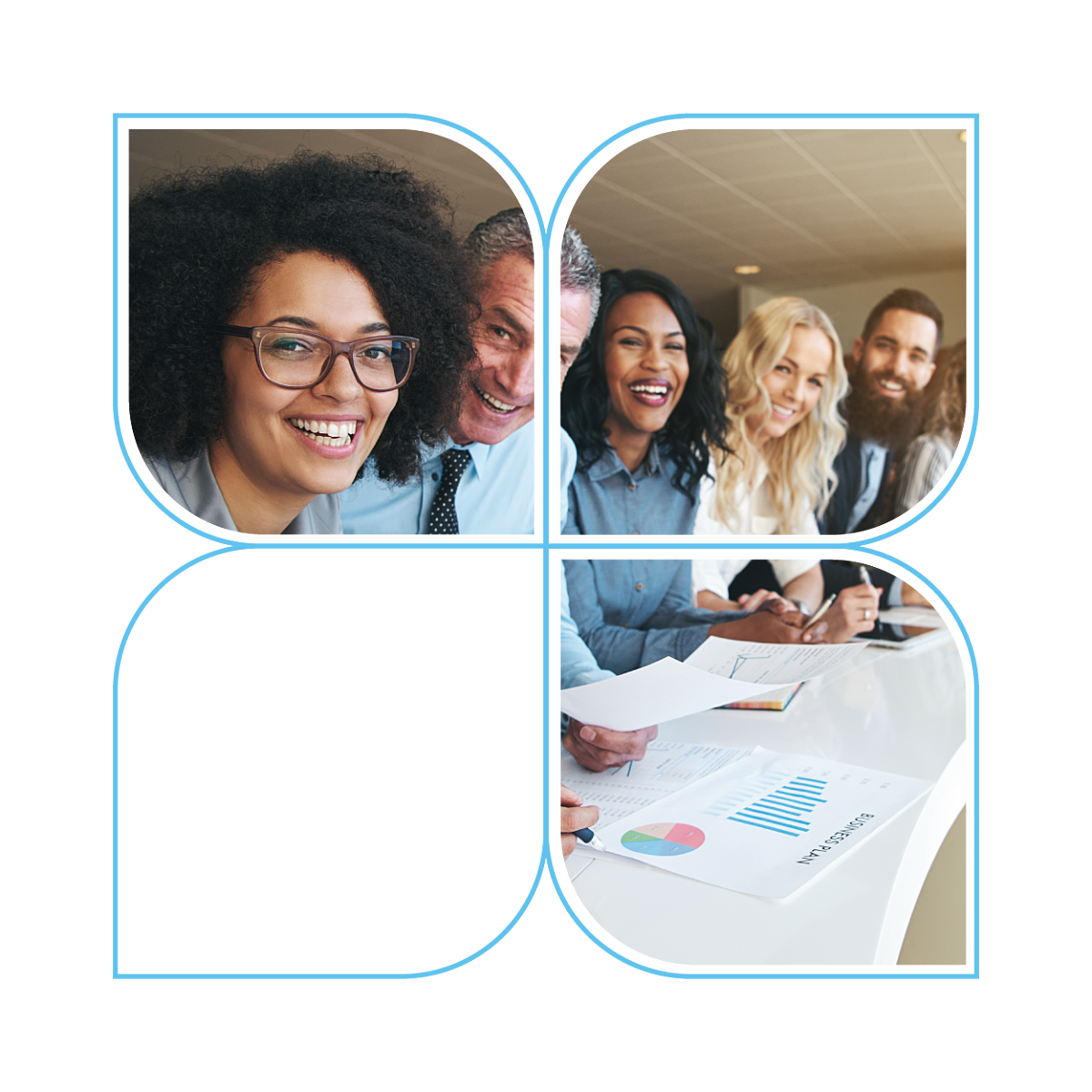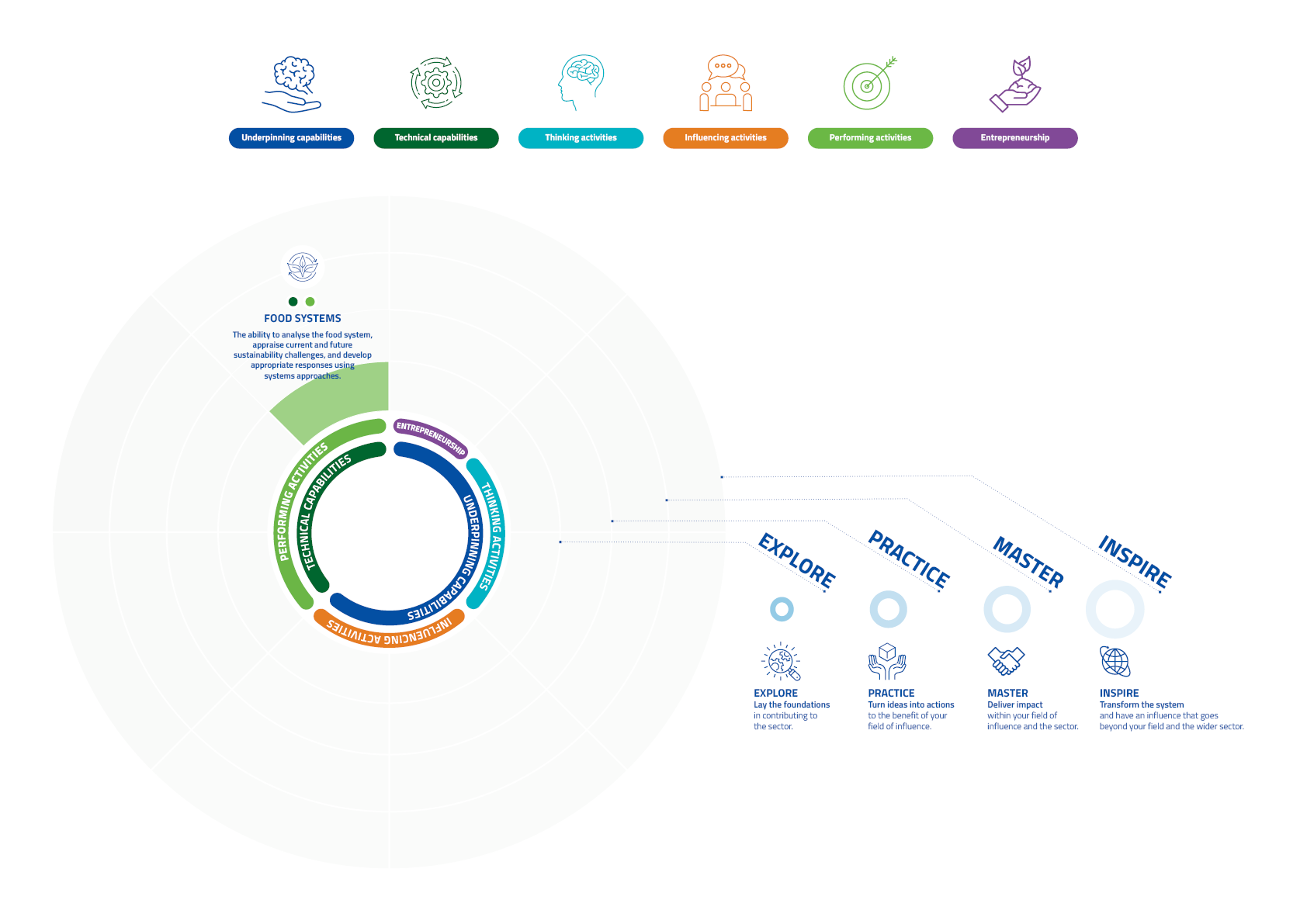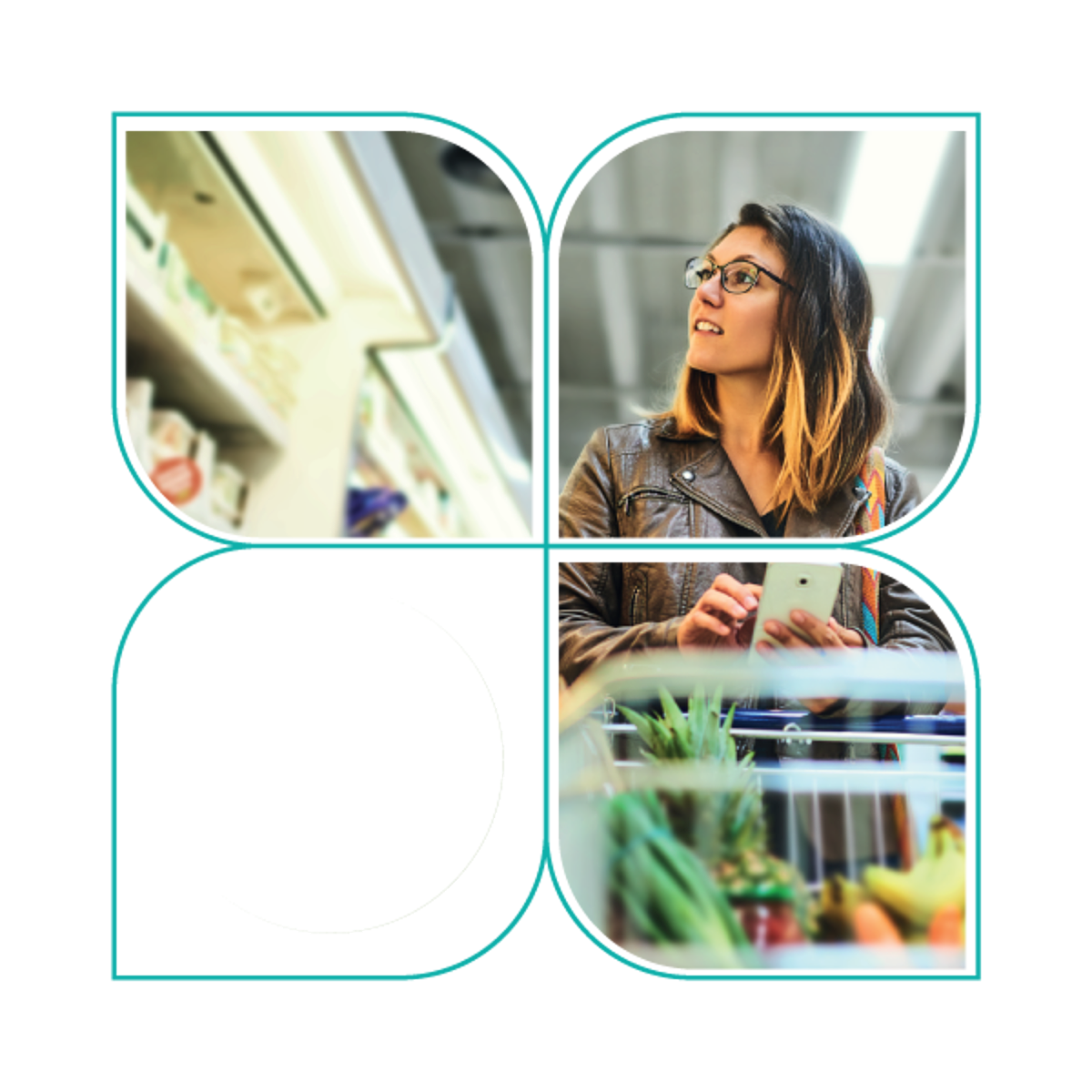Introduction to sustainability in agrifood (Demo course)


Course information
- Level
-
Beginner
- Duration
-
1 hour
- Price
-
Free
- Certification
-
Micro certificate of competence, if the final examination is passed
About : Emphasis on practical solutions
All along the food chain we are using limited natural resources at an accelerating rate and in many cases exceeding the ability of the planet’s systems to cope with the impacts we are creating. While we are already operating well beyond these natural limits in some areas we are also conscious of the challenges of a growing world population of nine billion by 2050: more people consuming more and straining our natural capital further. Although most business leaders are aware of this, it is generally seen as a risk to be managed by efficiency measures rather than as a new commercial opportunity. The sustainability challenge demands new methods of production and new business models that focus around putting sustainability at the heart of operations.
This EIT Food Course tackles this head-on. The emphasis is on practical solutions and its aim is to equip participants with the understanding and tools to transform businesses in the food sector towards a sustainable future.
The module aims to provide an introduction to the tools used for analysing sustainability in business, and methods and approaches that will lead organisations towards sustainability, focussing mainly on food supply systems
- Be aware of leading company sustainability initiatives in the food industry and why they are pursuing this.
- Be able to use tools that measure sustainability and know how to report performance.
- Be aware of how to drive change in a business towards sustainability.
What you'll learn : You will learn the following competencies:

Food systems
Apply basic systems analysis techniques to describe the food system.
Identify dominant sustainability challenges for the food system.
Recognise how innovations can contribute to achieving societal impact.
Structure & Modules : 3 modules
This course consists of 3 modules that have a self-study time of approximately 20min for each module. After completing the course you will have the opportunity to test your knowledge in a short multiple choice exam. You will pass the exam if you score more than 67%. If you pass the exam, you will receive a micro certificate certifying the qualifications you have demonstrated.
Topics that will be covered:
- Brief introduction to the history of sustainability
- Different definitions of sustainable development
- Key topics of sustainability
- Drivers for a sustainable business
Related courses
View our full course catalogue

Pathways to Impact for PhDs


InfraBooster Foundation


Food Solutions